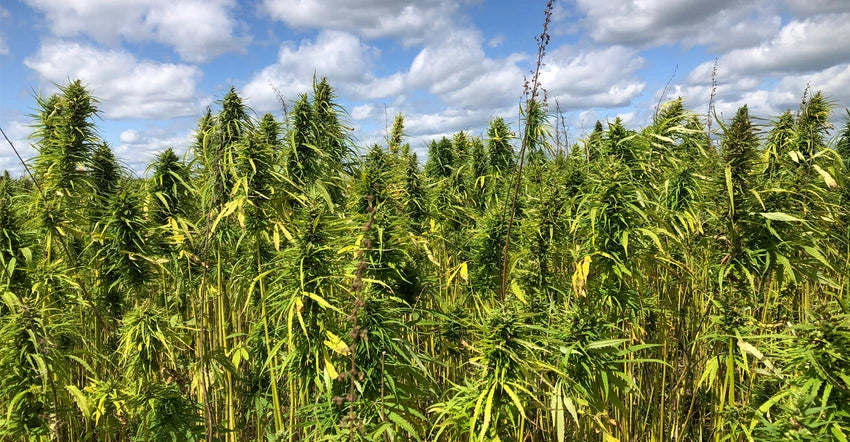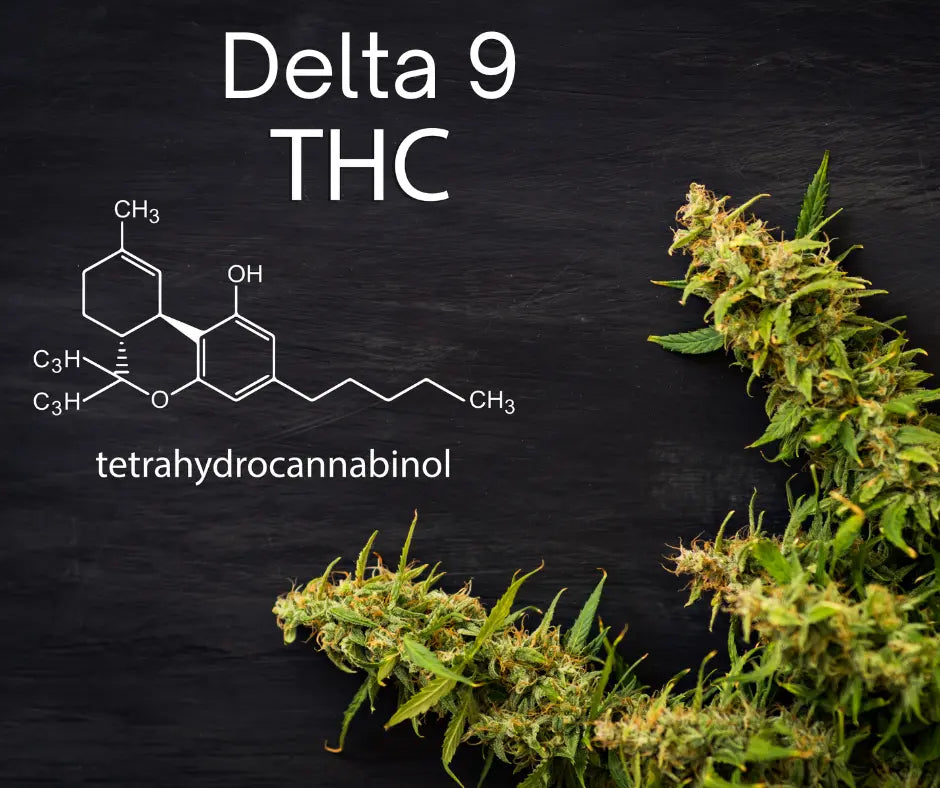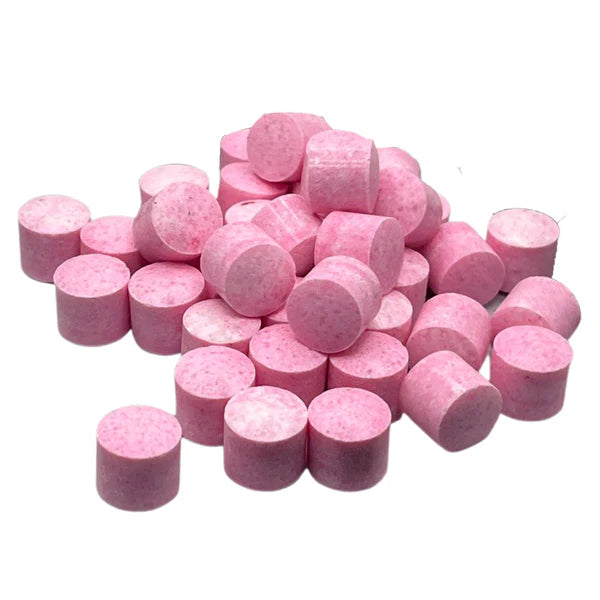
Legislative Assembly of Iowa Passes Bill to Limit Hemp Product Potency
The Legislative Assembly of Iowa recently made headlines with the passing of a bill aimed at limiting the potency of hemp products sold within the state. This move comes amidst growing concerns about the potential risks associated with high-potency hemp products, particularly in the realm of public health and safety. The decision has sparked a debate among lawmakers, industry stakeholders, and consumers alike, as they grapple with the implications of this legislative action.
Background and Context
The legalization of hemp and hemp-derived products, including cannabidiol (CBD), has been a topic of much discussion and debate in recent years. In 2018, the federal government passed the Agriculture Improvement Act, also known as the Farm Bill, which removed hemp from the list of controlled substances and legalized its cultivation and sale under certain conditions. This move opened the door for the widespread production and distribution of hemp products across the United States, including Iowa.
In response to the federal legalization of hemp, many states, including Iowa, have taken steps to regulate the production and sale of hemp and hemp-derived products within their borders. These regulations aim to ensure consumer safety, product quality, and compliance with federal law. However, the issue of hemp product potency has remained a point of contention, with some stakeholders advocating for strict limits to be imposed, while others argue for greater flexibility and discretion.
The Passage of Senate File 604
In March 2024, the Iowa Legislative Assembly passed Senate File 604, a bill aimed at regulating the potency of hemp products sold in the state. The bill, which received bipartisan support, imposes strict limits on the concentration of delta-9-tetrahydrocannabinol (THC) in hemp products, including CBD oils, tinctures, edibles, and topicals. Under the new law, hemp products must contain no more than 0.3% THC by weight, consistent with federal regulations governing the production and sale of hemp.
Proponents of Senate File 604 argue that it is necessary to protect public health and safety by preventing the sale of high-potency hemp products that could potentially cause intoxication or impairment. They point to concerns about the psychoactive effects of THC, particularly in vulnerable populations such as children, adolescents, and individuals with certain medical conditions. By imposing strict potency limits, supporters of the bill believe that Iowa can mitigate these risks and ensure that hemp products are safe and accessible to consumers.
Opposition and Criticism
Despite its passage, Senate File 604 has faced criticism from some quarters, including advocates for the hemp industry and proponents of cannabis legalization. Critics argue that the bill imposes arbitrary and unnecessary restrictions on hemp products, stifling innovation and economic growth in the emerging hemp market. They point out that THC levels above 0.3% are commonly found in hemp plants grown for their fiber and other industrial uses, and that strict potency limits could effectively outlaw the sale of many hemp-derived products.
Furthermore, opponents of the bill argue that it unfairly targets hemp products while ignoring the availability of high-potency cannabis products sold legally in Iowa's medical cannabis dispensaries. They contend that consumers should have the right to choose hemp products with higher THC concentrations for their potential therapeutic benefits, particularly for conditions such as chronic pain, anxiety, and insomnia. By limiting the potency of hemp products, critics argue that the state is depriving patients of access to alternative treatment options and potentially driving them to the illicit market.
Impact on the Hemp Industry
The passage of Senate File 604 is expected to have a significant impact on the hemp industry in Iowa and beyond. Hemp farmers, processors, and retailers will need to adjust their operations to comply with the new potency limits, which may require changes to cultivation practices, extraction methods, and product formulations. Some businesses may choose to exit the market altogether rather than invest in the necessary infrastructure and resources to meet regulatory requirements.
Additionally, the bill could have broader implications for the hemp industry's growth and viability in Iowa. Strict potency limits may deter investment and innovation in the development of new hemp products, limiting the industry's potential to create jobs and generate revenue for the state. Furthermore, the uncertainty surrounding the regulation of hemp products could undermine consumer confidence and hinder market expansion, ultimately hindering the industry's ability to thrive.
Looking Ahead
As Iowa moves forward with the implementation of Senate File 604, stakeholders across the hemp industry will be closely monitoring the impact of the new regulations on businesses, consumers, and the economy. It remains to be seen how the enforcement of potency limits will be carried out and whether any amendments or revisions to the bill will be proposed in the future. In the meantime, the debate over hemp product potency is likely to continue, reflecting broader discussions about cannabis policy, public health, and individual rights in Iowa and beyond.
For wholesale buyers seeking high-quality hemp products compliant with Iowa's new regulations, D Squared WorldWide stands out. Our brand offers a diverse range of hemp-derived products meeting strict potency limits. Contact us now via our contact form to explore partnership opportunities and access our premium offerings.
Reference:
- Matheson, J. and Foll, B. (2020). Cannabis legalization and acute harm from high potency cannabis products: a narrative review and recommendations for public health. Frontiers in Psychiatry, 11. https://doi.org/10.3389/fpsyt.2020.591979
- Rupasinghe, H., Davis, A., Kumar, S., Murray, B., & Zheljazkov, V. (2020). Industrial hemp (cannabis sativa subsp. sativa) as an emerging source for value-added functional food ingredients and nutraceuticals. Molecules, 25(18), 4078. https://doi.org/10.3390/molecules25184078



